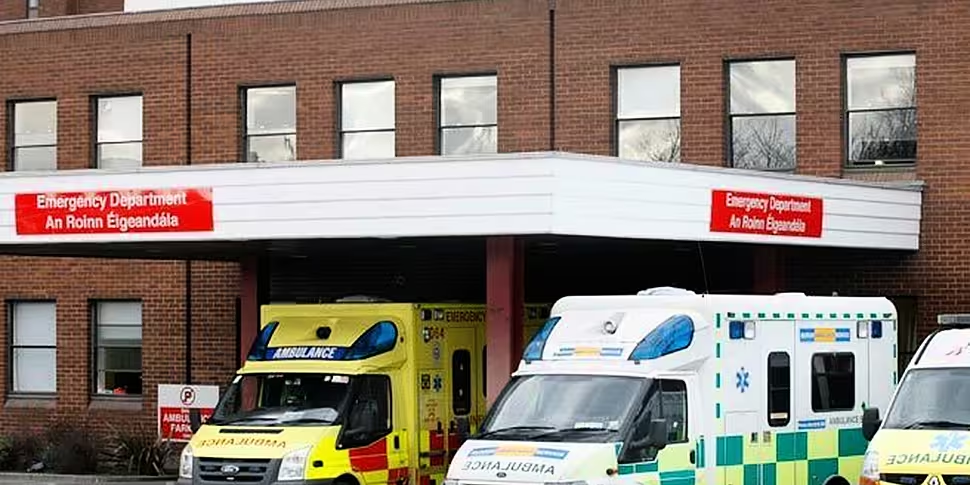The Irish Nurses and Midwives Organisation has described the rise in the number of patients presenting at hospital Emergency Departments as 'unprecedented'.
The Health Service says there has been a 10% increase in patients nationally, and there were 386 patients on trolleys this morning.
The biggest rise is at Our Lady of Lourdes Hospital in Drogheda - up 21% - followed by Connolly Hospital in Blanchardstown and Cork University Hospital, both up 14%.
The General Secretary of the Irish Nurses and Midwives Organisation is Liam Doran, and says he thinks "it's correct to say the departments have been under unprecedented pressure".
Beaumont Hospital in Dublin has postponed non-urgent procedures today because of an increase in the number of people presenting to its Emergency Department (ED).
Yesterday, all non-urgent elective procedures at Cork University Hospital and the Mater in Dublin were also postponed.
Saint James in Dublin has also been forced to reschedule some operations.
The Minister for Health Leo Varadker says the cancellation of elective surgeries is part of measures agreed with nurses to ease pressure in EDs.
However, President of the IMO, Dr Ray Walley, says that these measures will have a knock-on effect on GPs:
"Ten years since we declared a national emergency, and it has become the norm week in week out. And the knock-on effect is that GPs are also having to re-refer patients who were referred for surgery or referred to outpatients a year or two ago because these patients haven't been seen. That is of extreme concern and issues are going to become emergencies."
And doctors say more beds have been removed from the system despite an increase in patients with long term conditions.
Dr Mark Doyle, President of the Irish Association for Emergency Medicine, says the HSE needs to free up more community beds to alleviate the pressure on hospitals:
"What they need to do immediately is provide more beds. It doesn't really matter whether the beds are in the hospital system or in the community. There are quite a large number of patients in hospitals who have finished their medical treatment, but because of their social circumstances, their home conditions or their disabilities they can't return home. So if there were community beds freed up quickest, that would probably be the best short-term solution."









